HUSSAIN MANAWER’S POETIC WORK CAPTURES MATERNAL LOVE AND LOSS
by ASJAD NAZIR
TALENTED poet Hussain Manawer has captivated cross-cultural audiences in an emotional way like no other British Asian has in recent years.
The wonderful wordsmith has captured powerful feelings, moments and real human stories with his work. This Mother’s Day, he unveils his most heartfelt piece to date, which captures real pain, unconditional love and hope in despair. The poetic work If She Was Here, accompanied by music, narrates the pain of losing his mother, getting through grief and how it has shaped him. It talks about the grief of Mother’s Day without your mother, but also the love and blessings that remain.
Eastern Eye caught up with Hussain Manawer to discuss his deeply affecting work, late inspiring mother and coping with grief.
Tell us about the poetic work you have created for Mother’s Day?
I didn’t really sit down to create this piece – it really just came out of me one day when I was finding my way through life. Reiss Nicholas was in the studio next door to me. I poured my art out to him, and before you knew it ambient sounds were being created, and tears were flowing from my eyes as I stood behind the mic in the booth, and released If She Was Here.
What inspired the work?
The inspiration came from the lack of discussion, conversation and societal awareness for all those who have lost a mother on Mother’s Day and how triggering of an emotional rollercoaster this day can be.
How much of an influence was your late mother?
My mum was absolutely everything in my life, she still is. I don’t ever dare do anything she would not be fond of, and I would certainly only behave to please her.
What are your fondest memories?
When I used to work in Primark in Lakeside, one evening she snuck into the store and helped me tidy away my department because she came to pick me up, and I couldn’t leave until it was clean. She was a real friend to me. She was my best friend. Every moment was fond, but that one in particular shines bright.
What quality have you inherited from her?
The main quality I inherited from her was being unapologetically myself.
You have done a lot of work connected to her. How much has that helped you?
The work is healing; it’s therapy, it’s art, it’s absolutely everything I needed and more. It finds ways to comfort me at night, hold me close and help me heal through moments of trauma.
Do you feel like her sparking your creativity is a gift she left for you?
I feel like my mother gave me a career when she left, that’s what she left me, a life.
You have been through the heartbreak of losing a loved one. What advice would you give others going through the same, during these times?
The best advice that I can give is, take the bad days and take the good days. Days, moments, feelings, thoughts and emotions do not define who you are as a person. That is truly the best advice I can give.
How important do you think it is to discuss mental health and wellbeing?
We have no choice at all right now, but to discuss our mental wellbeing as the world is not moving in our favour. We have to do this. We have to save ourselves and our future generations. We cannot let them down.
What else can we expect from you?
You can expect some more releases. I have been working with some of my nearest and dearest friends and colleagues. So, something special is really coming.
Do the high expectations put pressure on you?
It used to, but now to be completely honest with you, Asjad, I don’t let anyone near my mind. There is nobody that can put this pressure on me, no external influences; the gates are up and I am listening to my heart, and my gut. That’s all.
Do any of your emotionally charged works affect you?
I sometimes cry when I write and only see this as affecting me in a positive way.
How will you mark Mother’s Day this year?
I turn 30 a few days before Mother’s Day, so I will go to the graveyard, say a prayer, lay some flowers, breathe, look up to the sky and focus on the future.

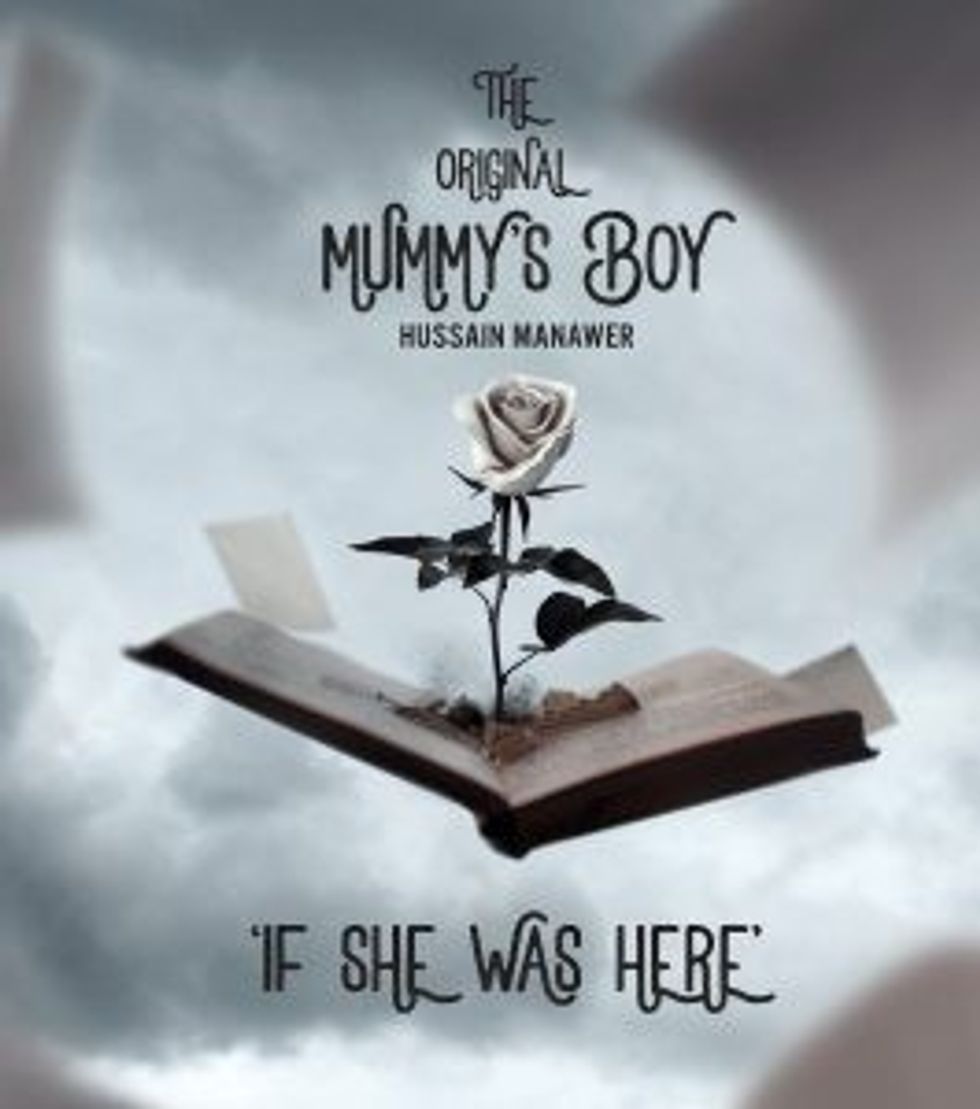





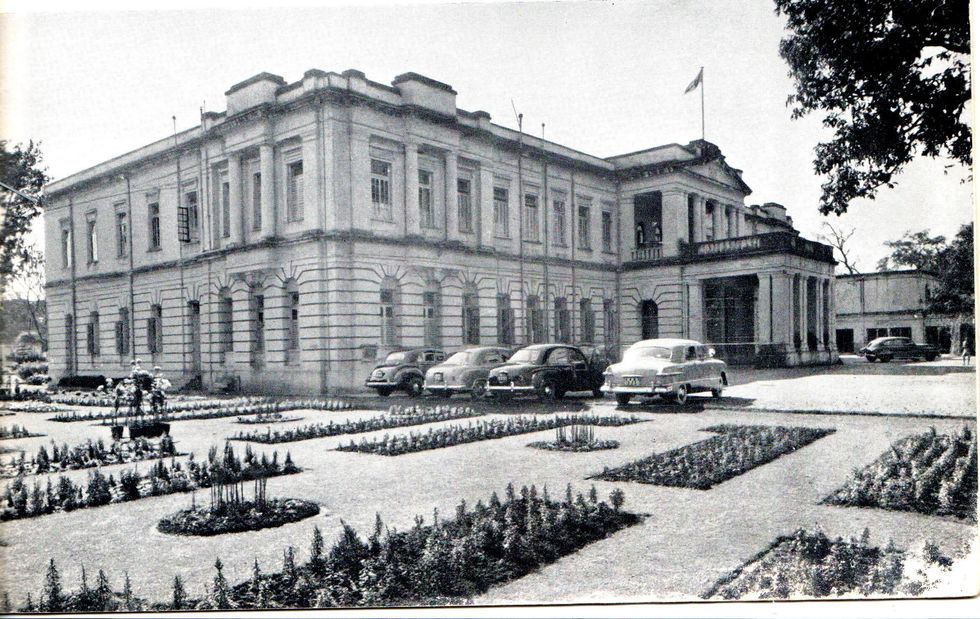 The Calcutta Club
The Calcutta Club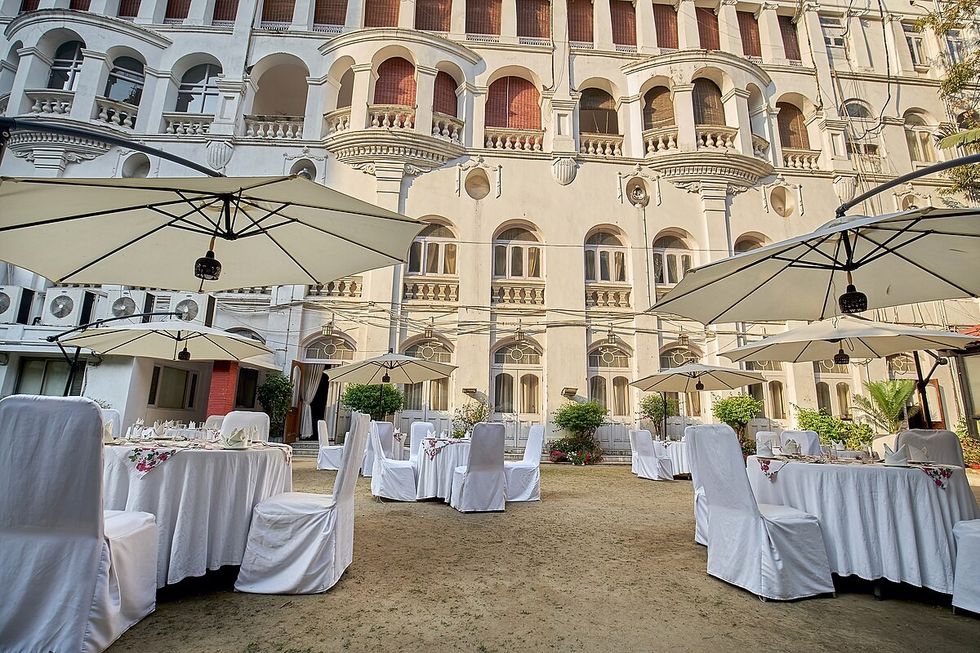 The Bengal Club lawns
The Bengal Club lawns










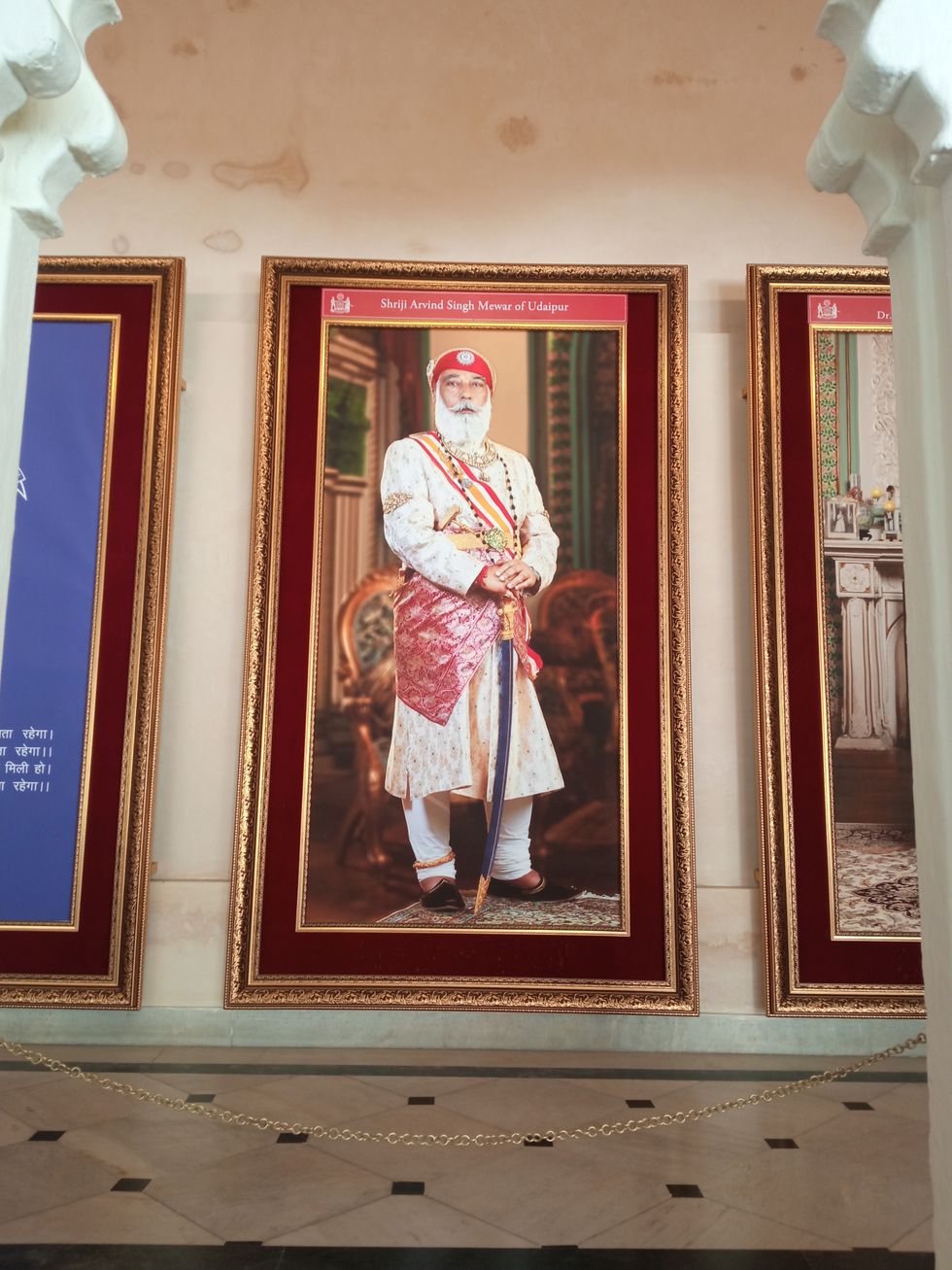 His portrait in the City Palace
His portrait in the City Palace
 Pakistani artist Moazzam Ali Khan caught the attention of Bollywood legend Javed Akhtar with his soulful YouTube cover of Yeh Nain Deray Deray
Pakistani artist Moazzam Ali Khan caught the attention of Bollywood legend Javed Akhtar with his soulful YouTube cover of Yeh Nain Deray Deray John Abraham to headline action thriller Tehran
Getty Images for DIFF
John Abraham to headline action thriller Tehran
Getty Images for DIFF
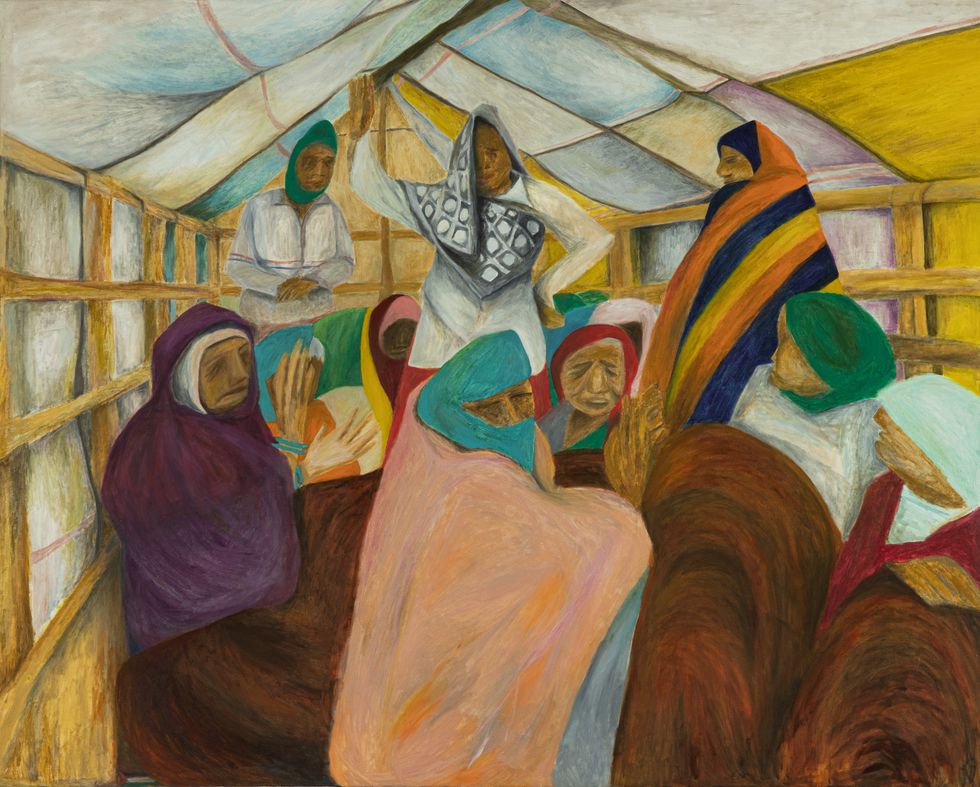 Tikri Border, Haryana-Delhi by Aban Raza
Tikri Border, Haryana-Delhi by Aban Raza Harmz Matharu
Harmz Matharu Abhishek Bachchan in Be Happy
Abhishek Bachchan in Be Happy Devika's soulful vocals shine in her new Punjabi ballad Wisteria
Devika's soulful vocals shine in her new Punjabi ballad Wisteria Indian Idol star Nitin Kumar promises a soulful mix of qawwali, Sufi, and folk music at his upcoming UK performance
Indian Idol star Nitin Kumar promises a soulful mix of qawwali, Sufi, and folk music at his upcoming UK performance Kunal Kamra during his show
Wikipedia
Kunal Kamra during his show
Wikipedia
 Swiss-Indian singer BombayMami is making waves with her bold style and sound
Swiss-Indian singer BombayMami is making waves with her bold style and sound Hania Aamir receives a questionable honour in London
Hania Aamir receives a questionable honour in London
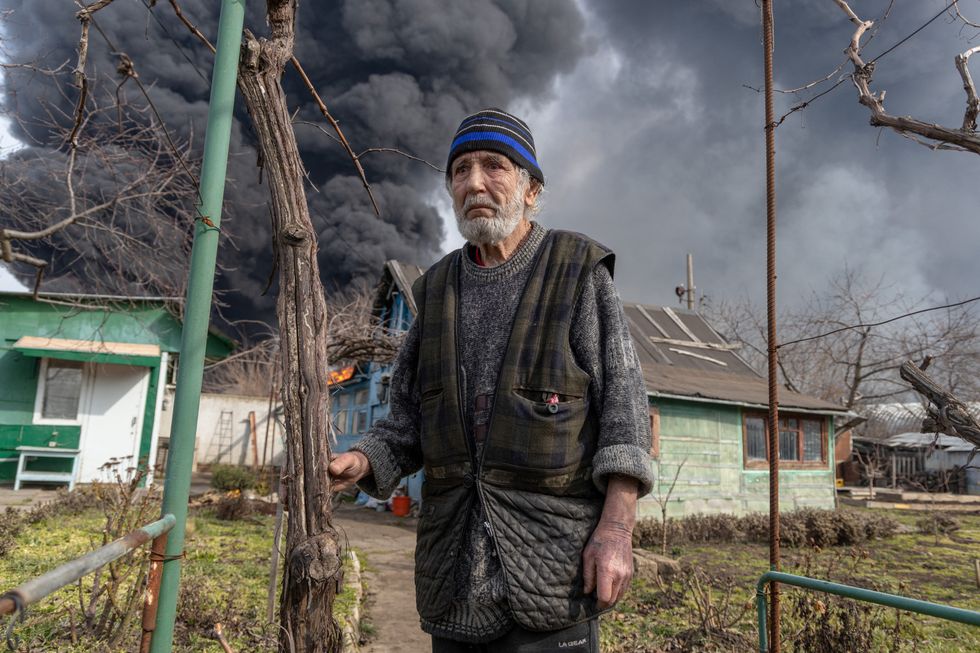 A resident in Odessa, Ukraine, as smoke rises from a fire following a strike earlier this month amid the Russian invasion
A resident in Odessa, Ukraine, as smoke rises from a fire following a strike earlier this month amid the Russian invasion
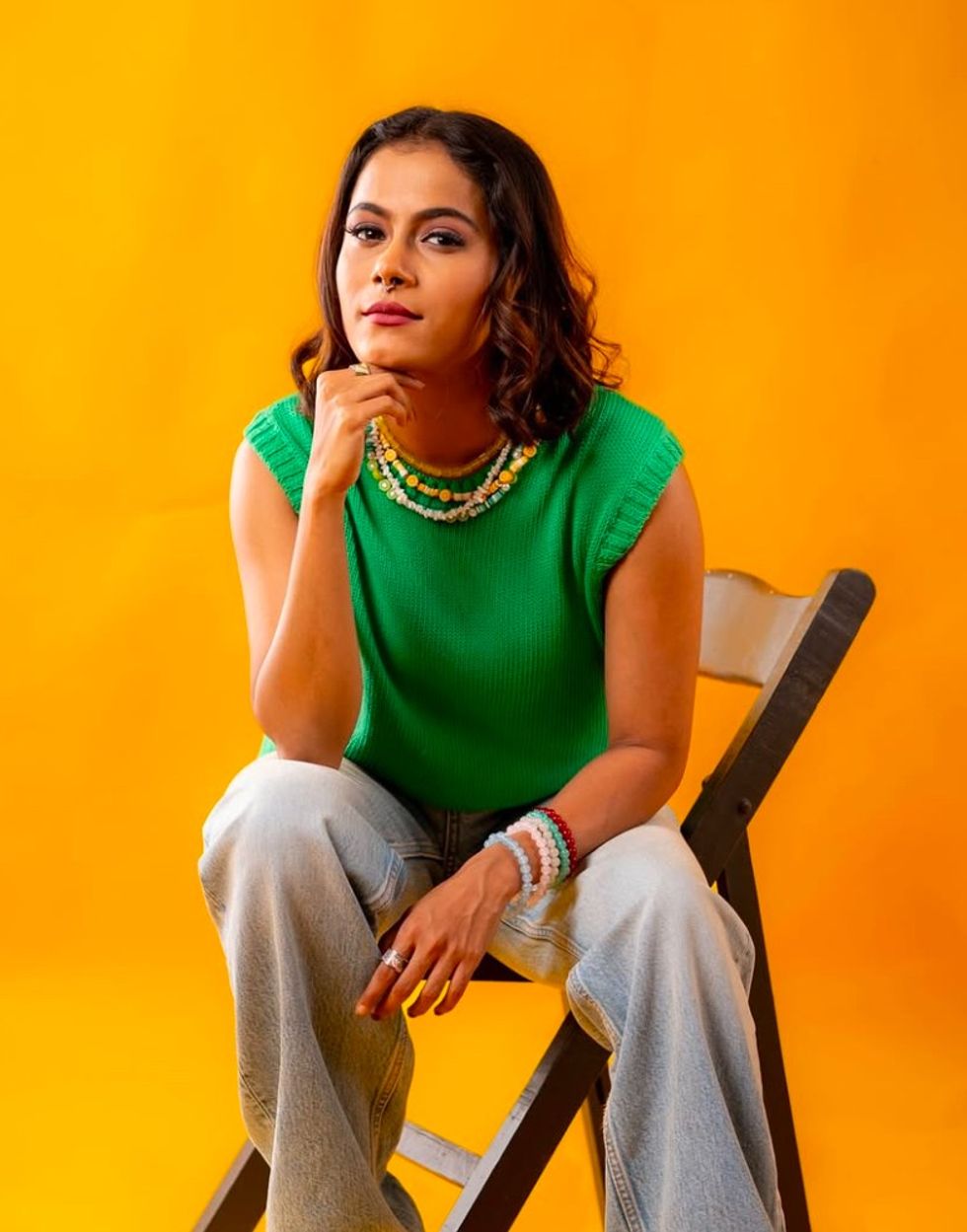 Shweta Warrier
Shweta Warrier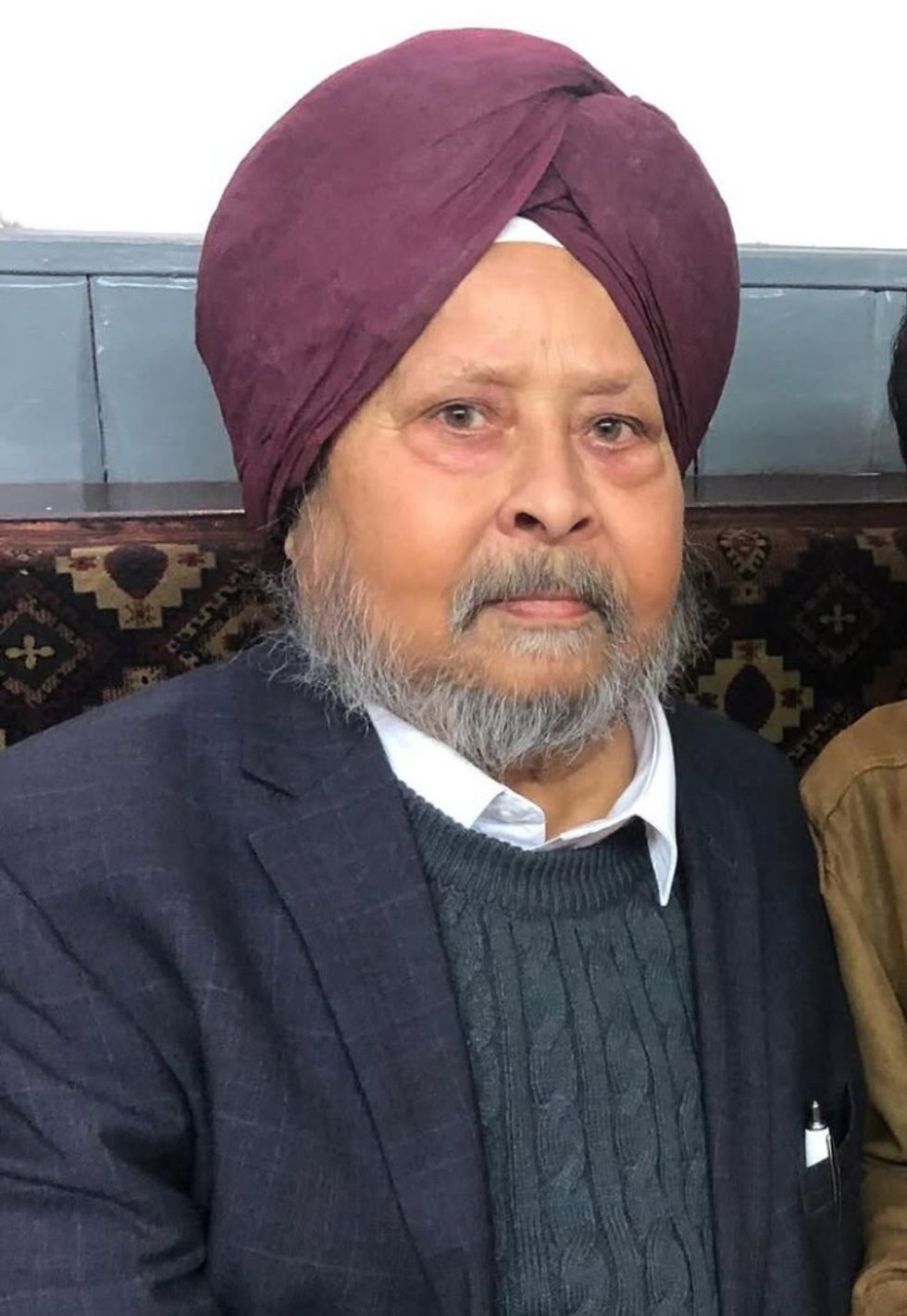 Harbans Singh Jandu
Harbans Singh Jandu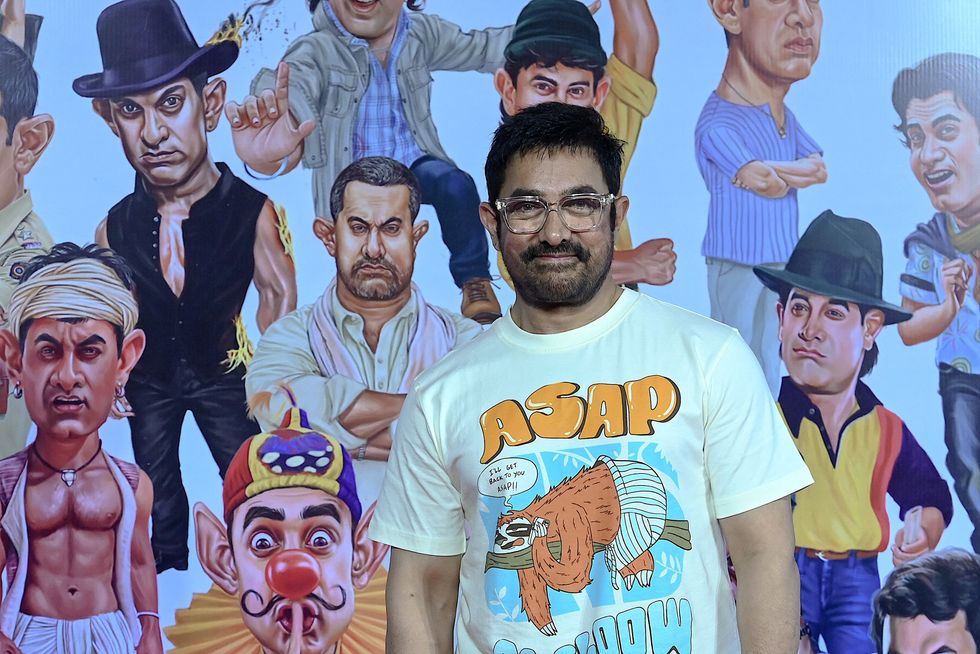 Aamir Khan
Aamir Khan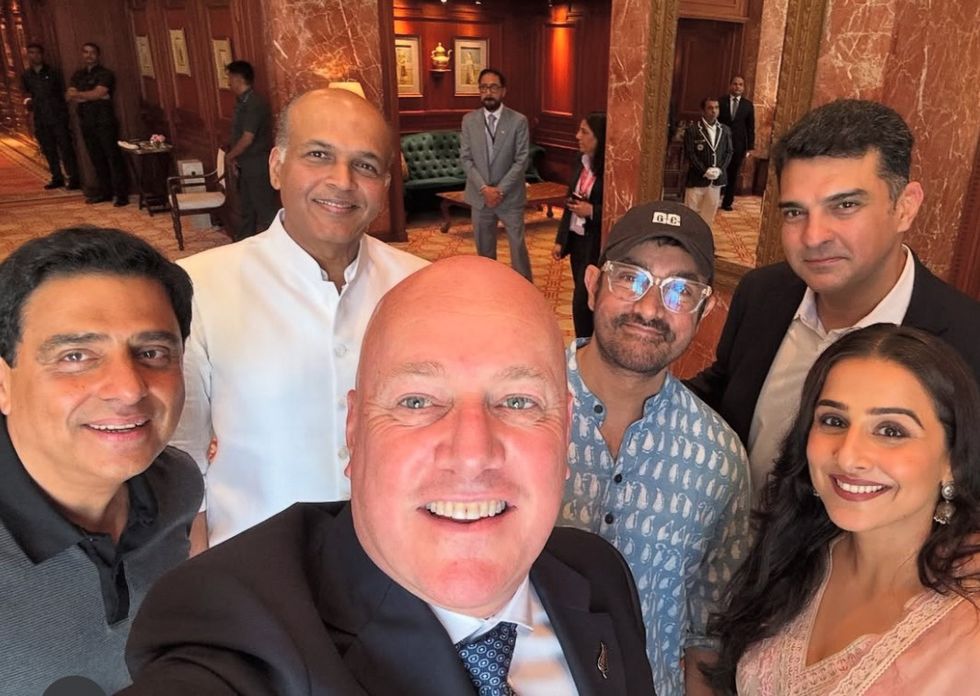 Ronnie Screwvala, Ashutosh Gowariker, Christopher Luxon, Aamir Khan, Siddharth Roy Kapur and Vidya Balan
Ronnie Screwvala, Ashutosh Gowariker, Christopher Luxon, Aamir Khan, Siddharth Roy Kapur and Vidya Balan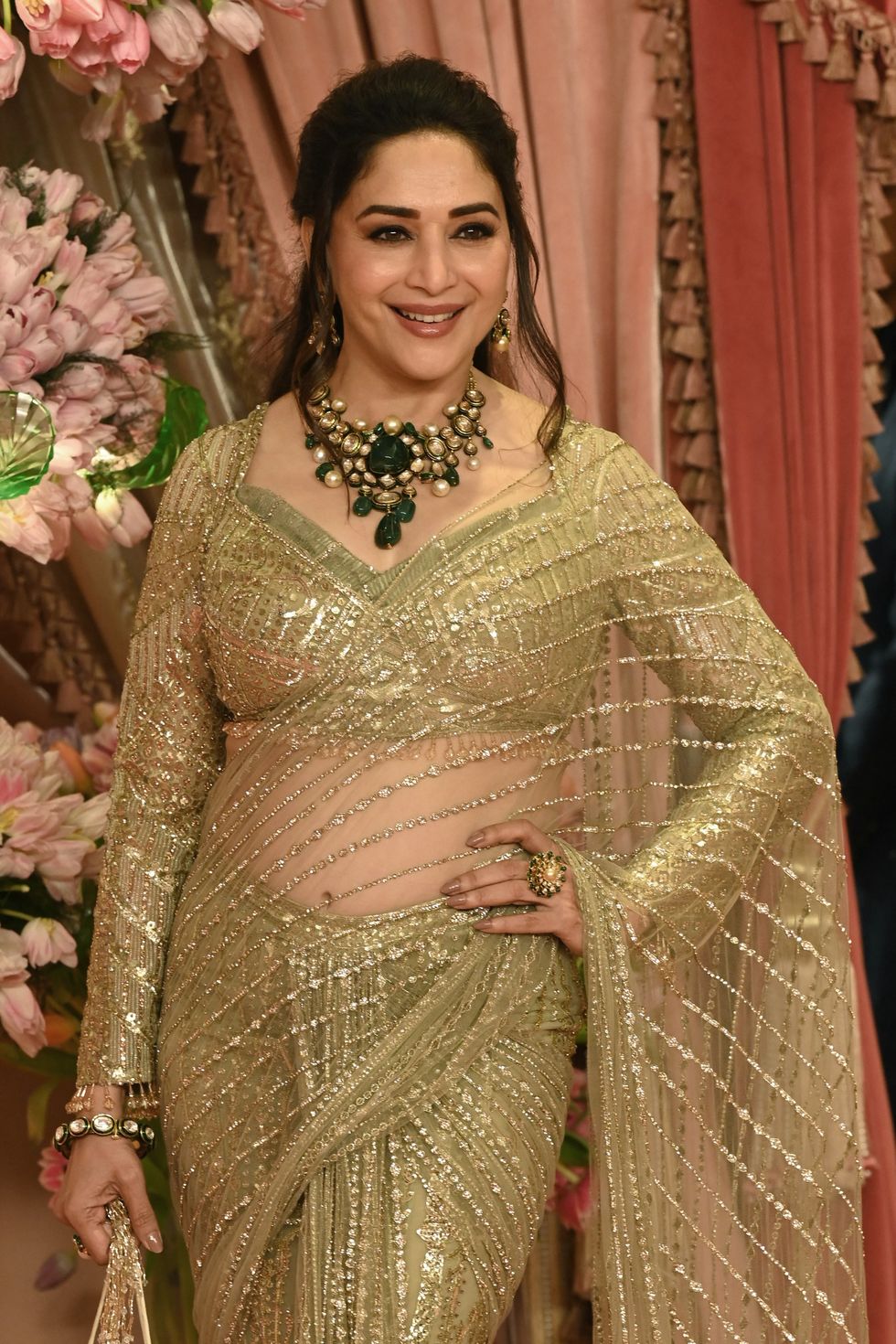 Madhuri Dixit
Madhuri Dixit